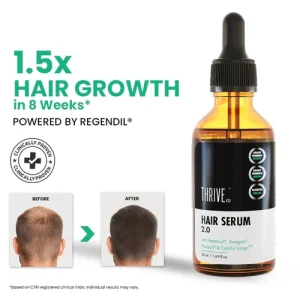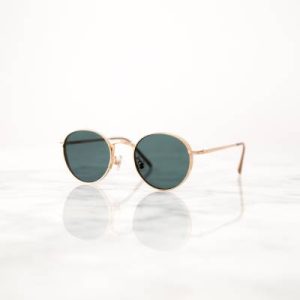In a world obsessed with youthfulness, the quest for the elusive “fountain of youth” has inspired countless innovations in the realm of skincare. Among these innovations, anti-aging creams have taken center stage, promising not only to combat wrinkles and fine lines but to rejuvenate and revitalize skin cells. But what’s the science behind these magical potions? Are they genuinely effective, or merely another marketing gimmick?
The Skin’s Aging Process
To understand the effectiveness of anti-aging creams, we must first look at how our skin ages. Aging is an intricate biological process that includes intrinsic factors (like genetics) and extrinsic factors (like sun exposure and environmental toxins). Over time, the skin loses elasticity, moisture, and regenerative capacity.
Intrinsic aging is a natural process that leads to reduced collagen and elastin production, resulting in sagging and wrinkles. Extrinsic aging accelerates this process. Harmful UV rays can lead to photoaging, characterized by age spots, rough texture, and the breakdown of collagen-induced elasticity.
Key Ingredients in Anti-Aging Creams
A plethora of ingredients claim to hold the key to youthful skin. Let’s explore some of the most popular and scientifically supported components found in anti-aging creams.
Retinoids
Retinoids, derivatives of vitamin A, are often regarded as the gold standard in anti-aging. Research shows that retinoids stimulate collagen production and promote cell turnover, leading to smoother skin and a reduction in fine lines. A study published in the JAMA Facial Plastic Surgery confirms that consistent use of retinoids can significantly improve skin texture and tone.
Peptides
Peptides are short chains of amino acids that play crucial roles in skin repair and regeneration. They help stimulate collagen synthesis and improve skin barrier function. Research in the journal Cosmetics indicates that topical application of peptides can lead to visible improvements in wrinkles and firmness when used over time.
Hyaluronic Acid
Known for its incredible ability to retain moisture, hyaluronic acid is a humectant that can hold up to 1,000 times its weight in water. As we age, our skin’s natural hyaluronic acid levels decline, leading to dryness and reduced elasticity. A study in the Journal of Clinical and Aesthetic Dermatology found that formulations containing hyaluronic acid significantly enhance skin hydration and elasticity, making them a staple in anti-aging products.
Antioxidants
Antioxidants such as vitamin C and E combat free radicals generated by sun exposure and environmental stressors. Vitamin C, in particular, is vital for collagen synthesis and can brighten the skin tone. According to a study published in Nutrients, topical application of vitamin C not only helps in reducing fine lines but also boosts overall skin radiance.
The Role of Consistency in Results
While the ingredients mentioned above hold scientific backing, their effectiveness often relies on consistent use. Skincare is not a quick fix; it requires patience and diligence. Most dermatologists recommend incorporating anti-aging products into your routine gradually and consistently for optimal results. Typically, noticeable changes may take anywhere from 4 to 12 weeks.
Misinformation and Marketing Hype
Despite the plethora of anti-aging solutions available in the market, consumers often fall prey to misinformation. Terms like “miracle cream” or “instant results” can be misleading, as actual cellular rejuvenation is a slow process. It’s essential to read labels and consult dermatological professionals rather than relying solely on advertisements.
Beyond Topical Solutions
While anti-aging creams play a role in maintaining youthful skin, they are only one piece of the puzzle. A holistic approach to aging should also consider lifestyle factors. A balanced diet rich in antioxidants, regular exercise, hydration, and sun protection are key elements in the battle against aging.
Conclusion
The quest for youthful skin is understandable and, backed by scientific evidence, achievable. With a better understanding of the ingredients that contribute to effective anti-aging creams, consumers can make informed choices. Retinoids, peptides, hyaluronic acid, and antioxidants hold real potential when used consistently and wisely. However, achieving true skin rejuvenation will always require a holistic approach combining topical treatments with a healthy lifestyle. The fountain of youth may not exist as a single solution, but with the right knowledge and practices, we can certainly come closer to unlocking its secrets.
Related Products
-
Sale!
Product 2025-10-01
Cosmetic Products€14,90Original price was: €24,28.€18,18Current price is: €18,18.
€18,18 incl. VAT -
Top Cosmeric Product 2024 | Best Skincare & Beauty Solutions
Body Care€10,00€12,20
€12,20 incl. VAT -
Sale!
Soluta.
Accessories€200,00Original price was: €244,00.€244,00Current price is: €244,00.
€244,00 incl. VAT





